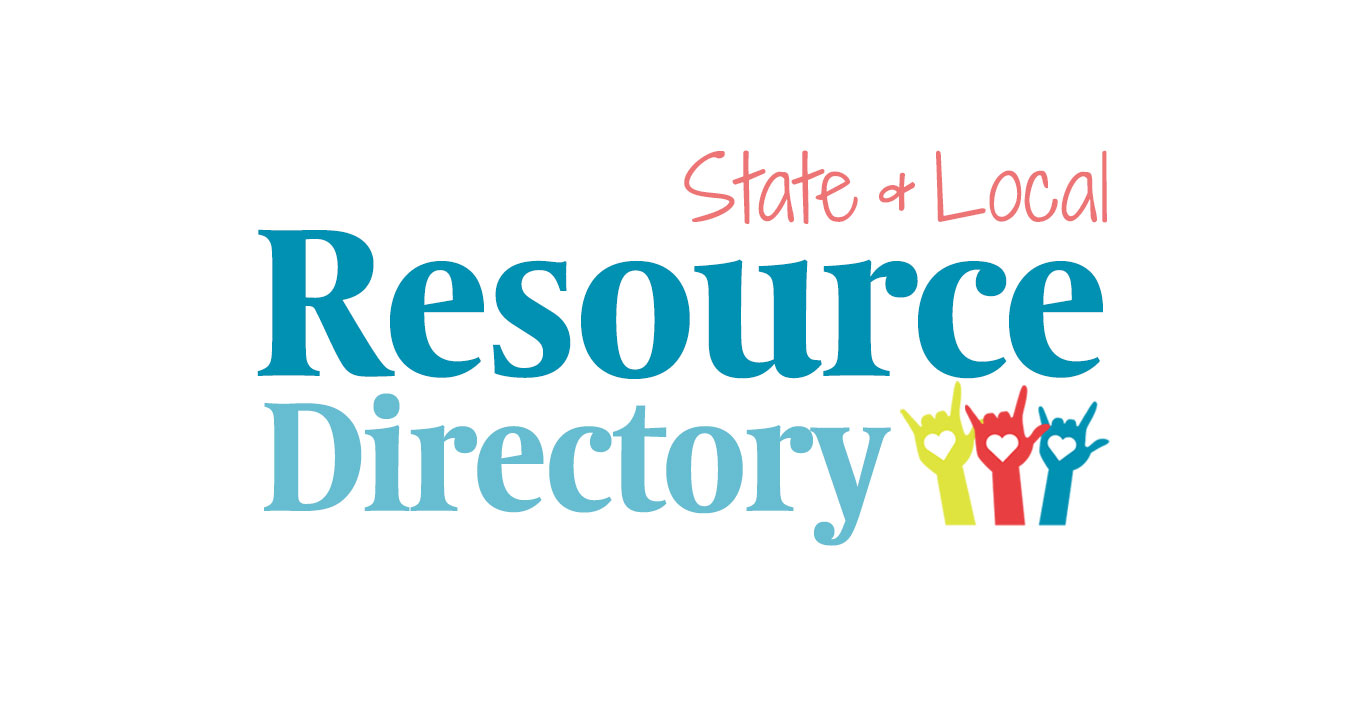Unmet Needs
In her recent article, Educating Deaf and Hard-of-Hearing Students During COVID-19: What Parents Need to Know, Dr. Karen Kritzer cited a recent national survey of parents with deaf or hard of hearing (DHH) children taken after the pandemic began. It found that:
“Of the 133 survey respondents, only six reported that their DHH child received all services mandated by their Individualized Education Plan (IEP) or 504 plan…Some parents expressed frustration over services not being provided and/or taking too long to get set up. Only 23 respondents reported that their child received services from a teacher of the deaf, and only two reported receiving interpreting services.”
Finding Solutions – Together
Kritzer encourages parents to be assertive and work with professionals in deaf education and hearing care to ensure their child is getting the services they need. Parents, teachers, and service providers, we are posting links below to resources from trusted sources that will help you work together to find creative new ways to meet the educational needs of DHH children during the pandemic. If you know of a resource that is not yet on this list, please email cheri@deafchildren.org so we can add it!
Resources: Birth-5
- Tele-intervention 101 (NCHAM)
- Supporting Deaf Children During COVID (CDC)
- COVID-19, Remote Service Delivery, and Distance Learning for Early Childhood (ECTA)
Resources: K-12
- Educating PreK-12 Deaf and Hard of Hearing Students During the COVID-19 Outbreak (NAD)
- Continuity of Learning During COVID-19 (3-part webina, OSEP)
- Advocacy Paper for Families Seeking Accessible PreK-12 Education (NAD)
- Learning Options and Accessibility in Schools (Hands & Voices KY)
- Effective Communication with Masks and Face Shields (Hands & Voices CO)
- Parent Advocacy App (NAD/ASDC)
- Clear Face Masks (ASDC)
Resources: Postsecondary
- 10 Tips for Educators: Accessibility in Online Education (National Deaf Center)
- Checklist for Teaching Deaf Students Online (National Deaf Center)
Not Getting the Right Services? Next Steps
Here’s what the National Association for the Deaf (NAD) recommends:
“Families who think their deaf or hard of hearing child is having difficulty with remote education can take the following steps to resolve their issue(s). If a step does not work, try the next step.
- Communicate with your child’s teacher. Ask for the same services that your child was receiving before transitioning to remote education. If your child needs more services for remote education than was used in the classroom, you can still ask for any additional service(s) necessary for your child to understand and participate along with their classmates.
- Communicate with School Staff Responsible for Services. Talk with whoever is responsible at your child’s school for hiring interpreters, or for coordinating captioning and other support services. Share your concern that you or your child are not receiving accommodations. Email templates you can use are provided at the end of this page (scroll down).
- Communicate with the Principal or Superintendent. Talk with the head of the school, and explain that you or your child is not able to learn or understand what’s happening. Ask them to work with you to make sure you and your child get the accommodations and services needed.
- Request an Individualized Education Plan (IEP) meeting or 504 meeting. If no one at the school will help you with the remote learning for your deaf or hard of hearing child, you can request an immediate IEP amendment meeting or a 504 meeting. At the meeting, you can discuss your concerns and adjustments needed to make sure your child receives the appropriate accommodations during remote education. Download and explore the free Parent Advocacy App (available on iOS or Android) to help prepare for the meeting.
- Request ADA accommodations. If you believe more accommodations such as an interpreter or captioning are needed, more than what is provided by the school (regardless of having an IEP, 504 plan, or none), you can still request those accommodations at any time from your child’s school for yourself or your child.
- File a Complaint with the federal government or through a lawyer. If all else fails, you can file a complaint either by yourself through the U.S. Department of Education or U.S. Department of Justice or hire a lawyer to file a complaint in court.” (source)






